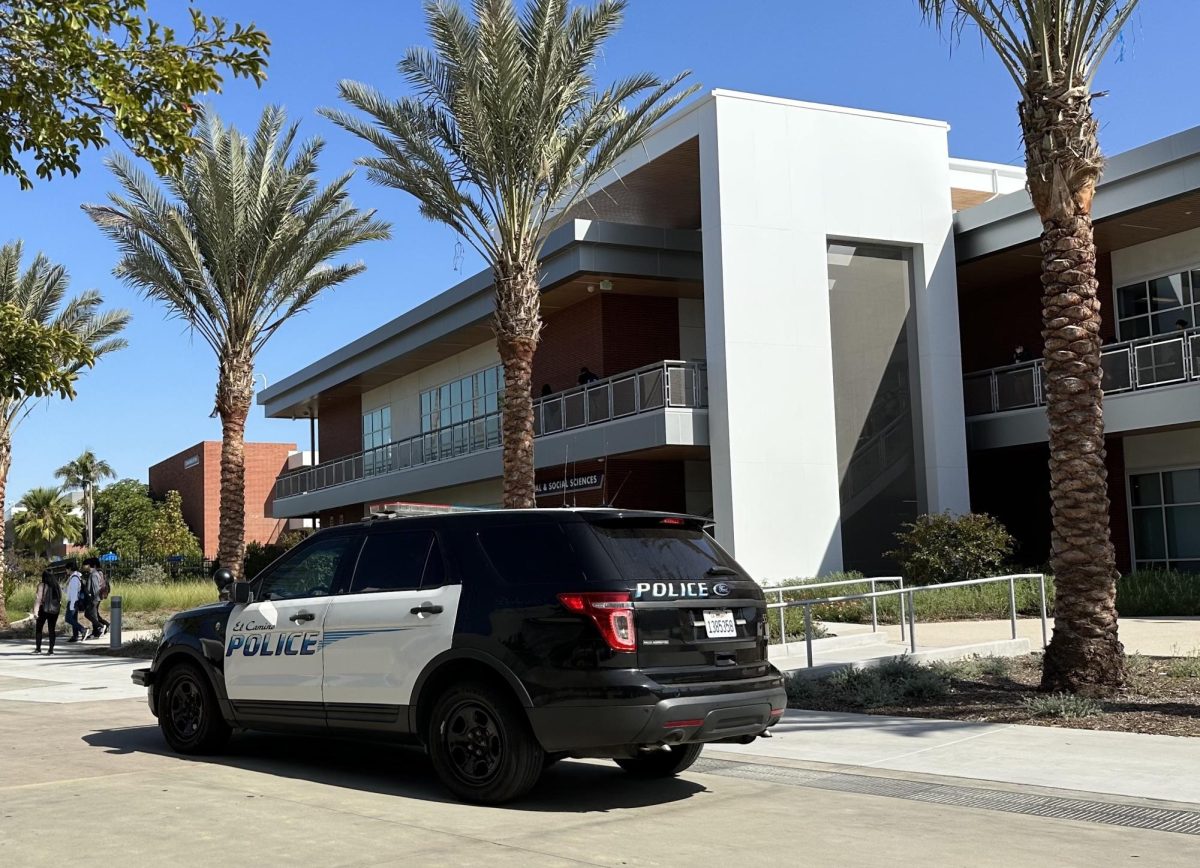More than $9 million in student delinquent fees at EC caused the administration to take action against students who still have not paid their dues, Ann Garten, director of community relations said.
When the fall semester began, 22.5 percent of the students still owed $100 or more in fees.
Community colleges receive funding from the state of California and it assumes that the colleges will collect all the enrollment fees that are due.
Because of that, a “backfill” is not provided for the uncollected fees and it impacts the college, Garten said.
“When students do not pay their fees, it reduces the amount of funding the college receives, which negatively impacts our ability to provide support services to students, classes, instructors and support staff for the various student services,” she said.
Since these unpaid fees limit the amount of services provided to students, the number of student support activities are reduced.
This also confines the amount of access students have to student services.
“I remember when I had to print out my unofficial transcript to turn into a club. I couldn’t gain access because I hadn’t paid off everything yet,” Denise Herd, English major said. “It was blocked off for me until I turned in all the money I owed.”
Along with losing access to college transcripts, students are also prevented from registering for future classes, receiving financial aid at another institution and gaining athletic team eligibility at another institution.
In the past, students were dropped from classes if their fees were not paid, but a few years ago, the college changed the policy.
In the new policy, students were not dropped from their classes, but were sent a bill with their unpaid fees each semester.
“When the process changed from dropping students from classes if their fees were not paid, to a procedure of not dropping students and sending billing letters instead, delinquent fees began to create a loss of funding for EC,” Garten said.
In order to decrease the loss of funding, EC has decided to require all fees to be paid and has decided to return to dropping students before the new semester begins.
EC has also chosen to participate in the Chancellor’s Office Tax Offset Program (COTOP), in which fees will be collected from tax refunds. COTOP letters were also mailed last week to all students and former students who still owe fees, Garten said.
Officials will also be notifying all registered students about when their payments will be due for the following semesters.
“The fee payment deadlines are being published in the spring 2010 class schedule, posted on the EC Web site homepage, e-mailed to all enrolled students at their EC e-mail address and notices will appear when students go to MyECC to register,” Garten said.
In addition to posting the deadline online, automated phone calls to students will be made, so it is important for students to provide and update their contact information and to regularly check their EC e-mail, Garten said.
“I think it’s great that they’re taking action,” Ben Tran, business major, said. “It’s not fair for students who owe tons of money to be sitting in a classroom and taking the spot of students trying to add and are able to pay for their classes.”
That is why administration decided to crack down on unpaid fees this semester.
Garten said that there is a large number of students trying to take classes who cannot because students who have not paid tuition are taking potential seats.
“By requiring students to pay for classes before the semester begins and dropping students who fail to pay, seats will open up for students who are trying to get into classes at EC and demonstrate their commitment by paying their enrollment fees by the established deadline dates,” Garten said.





